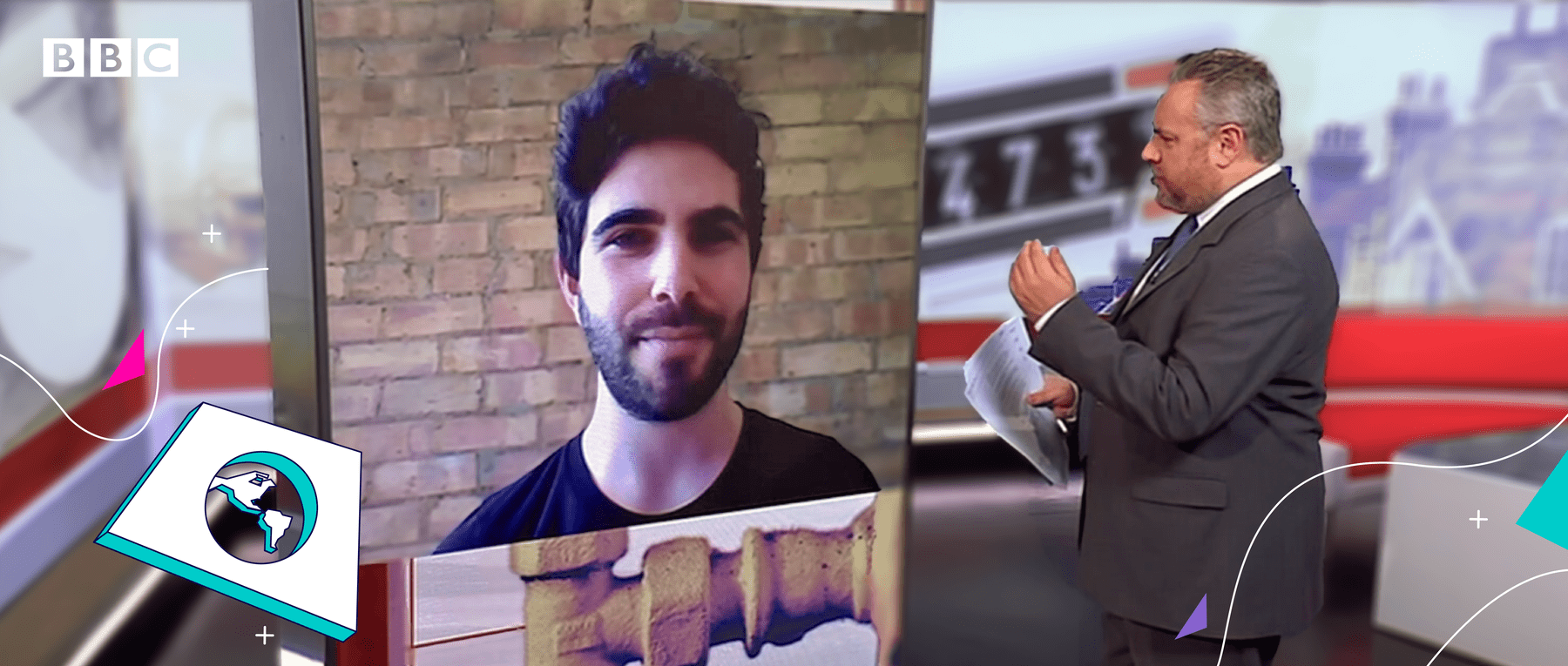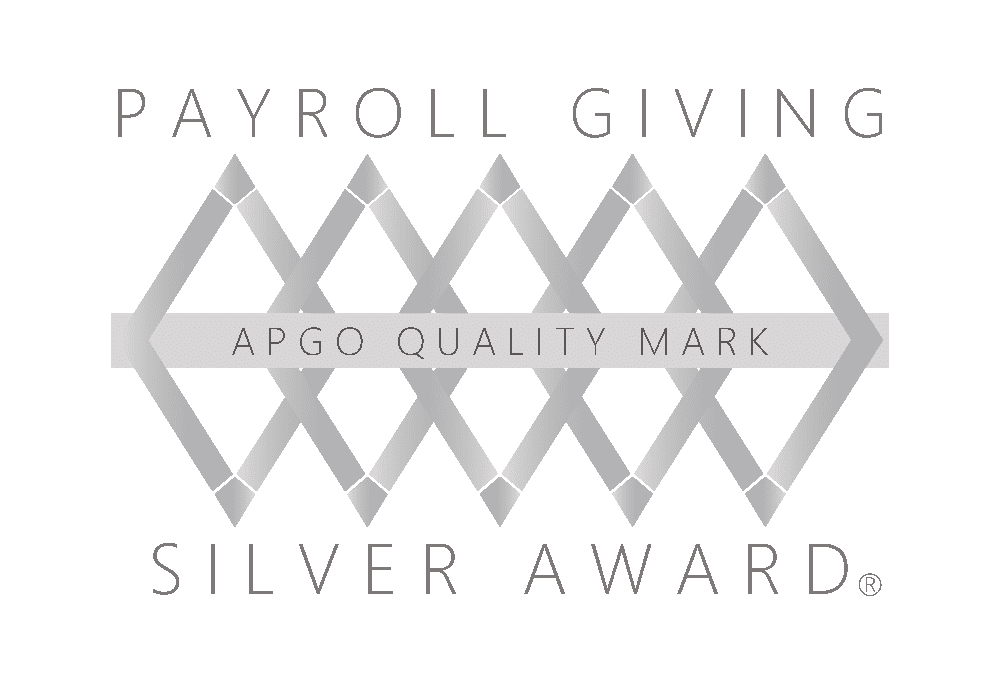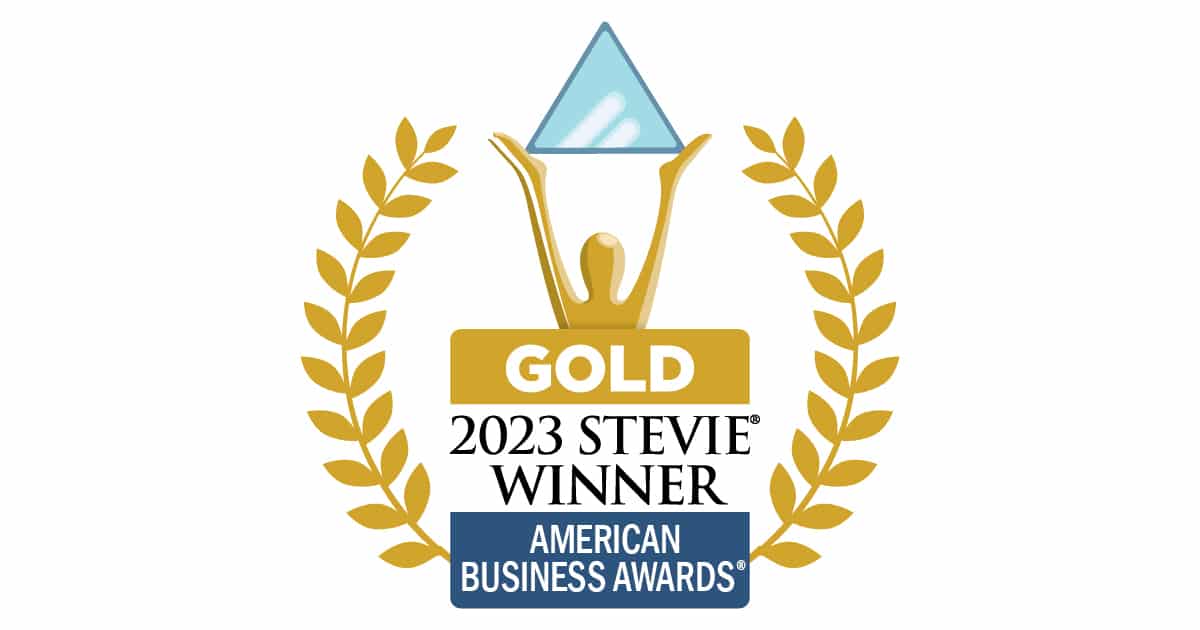Hiring well is an important element of building a successful company, and as a business grows it becomes even more important to make sure you have the right people in the building.
Here are some of the rules MVF uses to make sure only the best candidates join our team.
1) Values-based assessment
When assessing a lot of candidates in very short period of time it is all too easy to become fixated on a perceivably vital piece of experience. It is far more important to align assessments to explore the innate values and behaviours that sit behind a candidate’s experience. By aligning our assessment strategy to our company values we gain a greater understanding of if the candidate is likely to do well at MVF. A lack of experience can easily be addressed with appropriate training or opportunities. But a person’s intrinsic values and behaviours are much harder to change.
In the interview: use the company values as a foundation for your questioning and to provide structure.
2) Consider cultural fit
One of the most common challenges faced by companies experiencing high growth is the loss of the culture that provided the foundations for success. Hiring too many people that aren’t appropriate matches can be incredibly costly, and risks derailing progress. Cultural fit must be regarded as one of the most important elements for any recruiting manager. And no one should be charged with recruiting unless they’re able to quantify the organisation’s culture in simple terms.
In the interview: ask what kind of corporate cultures the candidate likes working in. If they describe something that sounds like yours, they’re either diligent with research, an appropriate match, or – hopefully – both.
3) Look for transferable skills
High growth organisations are agile. Evolution is often required, both in terms of business strategy and employee focus, for businesses to keep growing and making the most of new opportunities and challenges that come along. Therefore it’s essential hiring managers do not recruit just to get the immediate job done. Transferable skills that may be of use in the future, across different areas of the business, are not to be sniffed at. Similarly a candidate’s aptitude for recognising where their skills can be put to use is a valuable commodity.
In the interview: know what needs doing now as well as what might be happening in the future, and assess the candidate’s aptitude for delivering on each.
4) Don’t be brand blind
Big name brands stand out on a CV, and it’s certainly possible to argue that a CV devoid of any well-known organisations is less ‘impressive’ than one littered with blue chips. But placing too much significance on logos can be dangerous. It’s worth bearing in mind that very large organisations and fast scaling businesses often have different company cultures. It’s also possible that an applicant lacking a big name history may actually be more invested in your company, or may be more used to getting their hands dirty.
In the interview: don’t just focus on the jobs they’ve done in the past, talk about what they want to do next, as it will have far more bearing on future success.
5) Think about succession
Career progression is extremely valuable for candidates at all levels. No one worth hiring wants to stand still. But the benefits aren’t only there for employees. Businesses recruiting with succession and promotion in mind are significantly better able to respond to new business opportunities, periods of expansion and unexpected resignations. Recruit based on existing competencies but also think about unrealised potential.
In the interview: don’t shy away from asking candidates where they want to be in two/three/five years. Do they want your job when you move on?
6) Work on retention
Hiring the right people to propel your business forward is a costly and time-intensive process. So once you do manage to get the right people through the door, you’ll want to make sure they stick around. This is where company culture comes in again. If you provide employees with a stimulating working environment, celebrate their successes and remember to show them that life isn’t just about being glued to the desk all day long, you’re likely to retain more than you lose.
In the interview: ask candidates what makes them happy at work. Does it sound like something on offer at your organisation?
7) Do not compromise on quality
A machine is only as good as its parts, and in a company like MVF, we are only as good as our employees. The calibre of employees at MVF is incredibly high and the prospective employee needs to be adding something to that mix. The value the company will receive from an engaged and capable new employee is often worth a little extra waiting time.
In the interview: take the time you need to ensure the decision you are making is correct. Do not rush the process just to hire quicker.





















